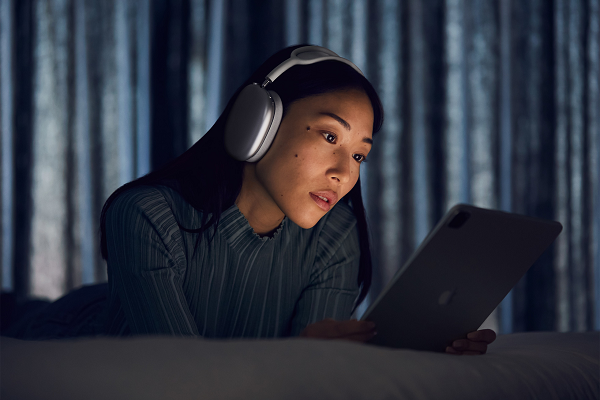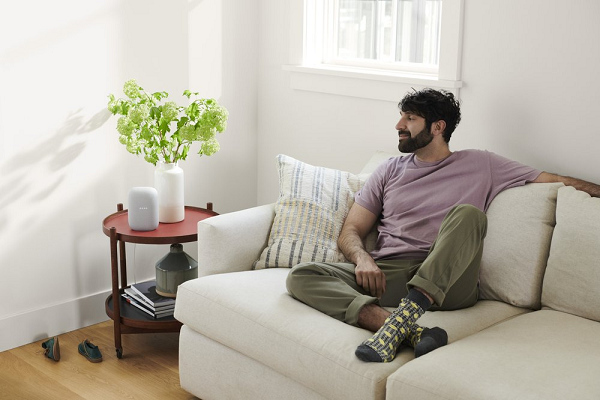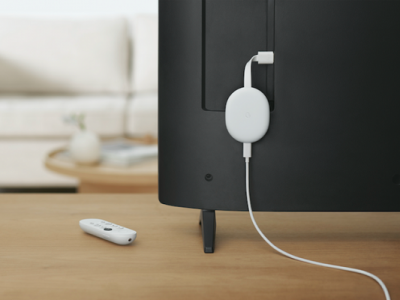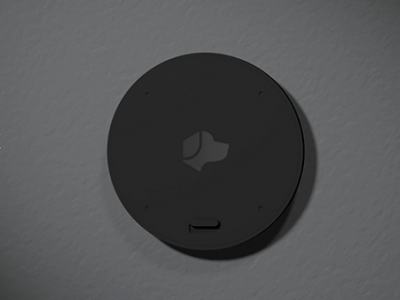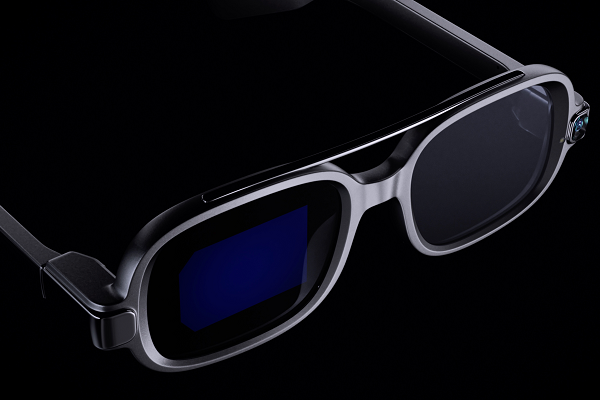

Xiaomi has revealed information on its new smart glasses, which are designed to basically replace a smartphone instead of act as an extension for just one. The glasses include visual notifications and augmented reality displays within the lenses, setting them on the different track in the purely audio smart glasses like the Ray-Ban Stories newly created by Facebook and Ray-Ban.
Xiaomi Smart Glasses
Xiaomi’s creation is only known as Xiaomi Smart Glasses and it is costing about $300. The new smart glasses connect with a smartphone and may show messages along with other notifications within the lenses. There’s a touchpad for controls, but Xiaomi’s XiaoAI voice assistant is built in to the device to deal with voice commands. The voice assistant will require up tasks including making calls, taking photos using the camera set into the glasses, and helping guide wearers with audio navigation tied to augmented reality images. The AI can also pull from the smartphone app’s functions to complete real-time translations associated with a text in view. Although XiaoAI runs the voice assistance, the glasses use Android as an operating-system.
“We need [sic] to construct an interaction logic which ‘does not disturb ordinary use, but displays key information in a timely manner.’ After many in-depth discussions, several key scenarios, including “key notification,” “phone call,” “navigation,” and “photo translation,” were finally confirmed, with XiaoAi AI Assistant because the primary interaction method,” Xiaomi explained inside a article. “In this manner, Xiaomi Smart Glasses can ‘display the most crucial information at the moment it's needed.’ With “Notifications” for example, it's obviously inappropriate to show all push notifications from your smartphone in front of your eyes. Therefore, Xiaomi Smart Glasses selects and pushes the most important messages, such as smart home alarms, urgent information from office apps, and messages from important contacts, etc., to avoid excessively disturbing users.”
Smart Glasses Unfold
Smart glasses have been creating a steady comeback years after Google Glass first debuted to horrendous reviews. To prevent exactly the same fate, developers are attempting to overcome the deficiencies as Xiaomi is and as Google is clearly likely to try after acquiring North, the manufacturers of Focals by North smart glasses, last year. North's portfolio included many patents acquired from Intel in 2023 for that canceled Vaunt smart glasses, which the company built-into its very own product. The other option is pursuing audio-only smart glasses. That’s the tack taken by Bose Frames, Huawei's Eyewear II, Vue Lite, and the Echo Frames, as well as the brand new Ray-Ban Stories built with Facebook.


